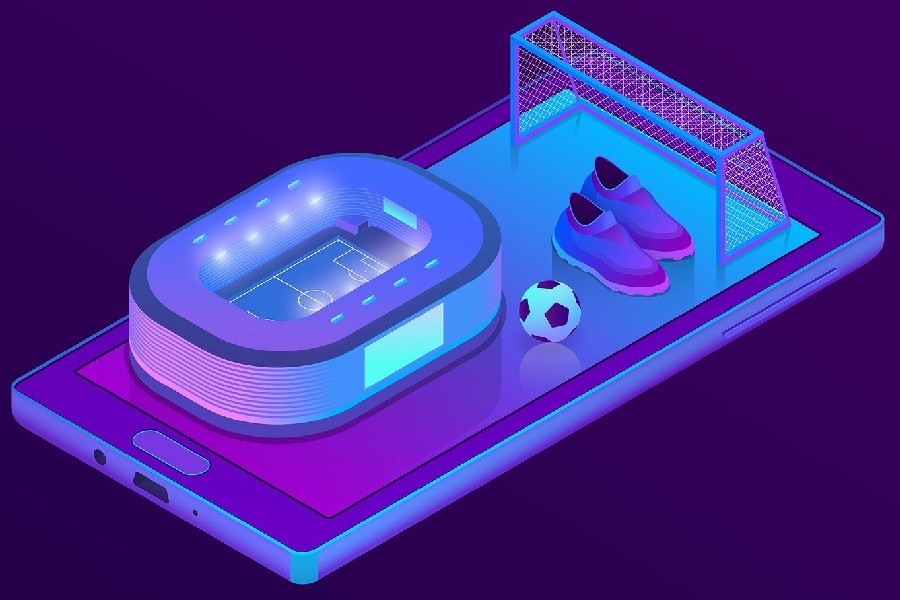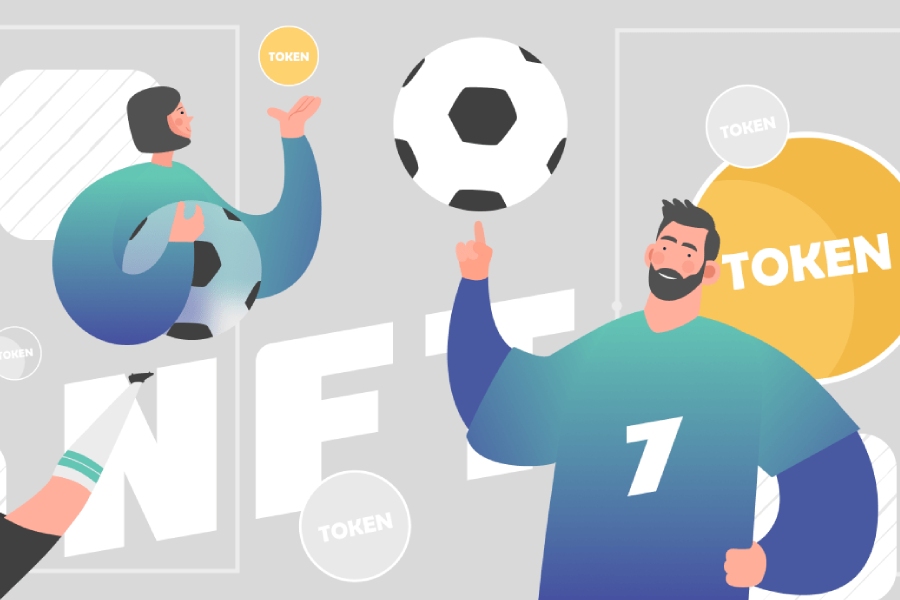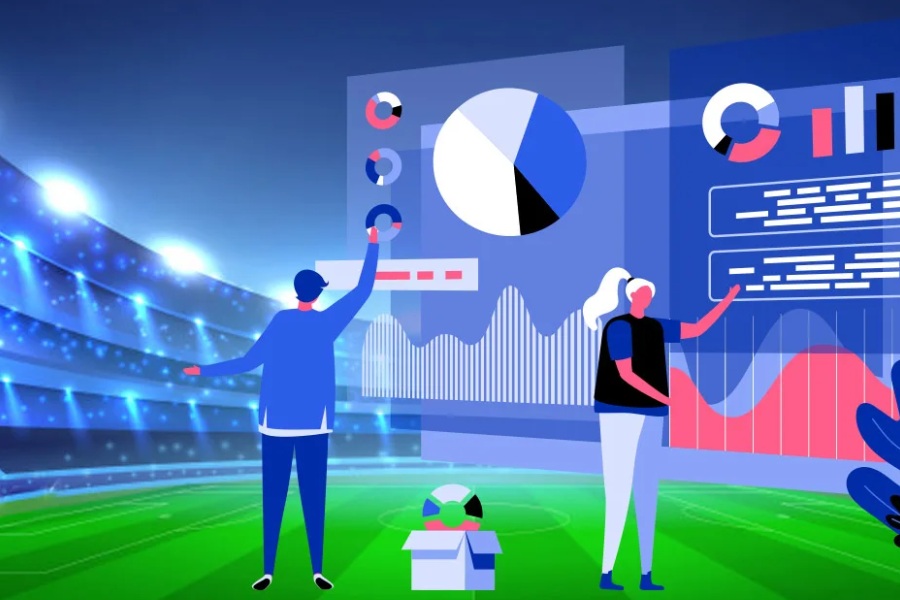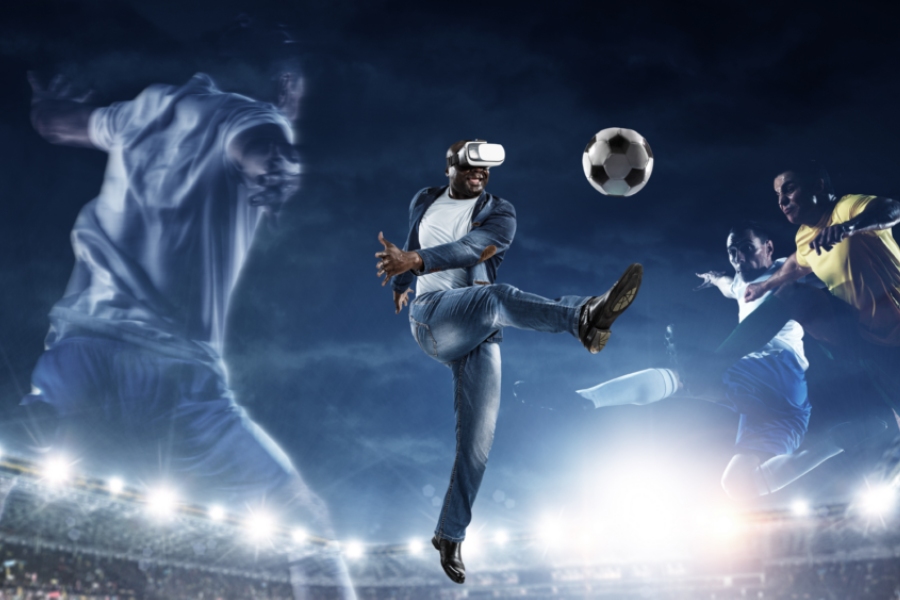In the evolving landscape of sports management and ownership, the concept of decentralized autonomous organizations (DAOs) has emerged as a groundbreaking innovation. DAOs are blockchain-based entities that operate through rules encoded as computer programs called smart contracts. They are typically managed by their members and not influenced by a central government, which can radically alter how sports teams are owned and operated. This article explores the potential of DAOs to revolutionize the traditional models of sports team ownership.
Understanding DAOs in the Context of Sports
A DAO operates on a framework of transparency and community governance. Members of a DAO can propose, vote on, and implement changes within the organization without needing centralized approval. In the context of sports, this means that fans and stakeholders could potentially gain direct influence over team decisions—ranging from strategic signings and financial management to promotional strategies and merchandise designs.
The Appeal of DAO-driven Ownership
- Increased Fan Engagement: One of the most compelling aspects of DAOs in sports is the enhanced fan engagement it promises. Fans who invest in a sports team DAO aren’t just passive spectators; they become active participants in team decisions, fostering a deeper connection and loyalty to the team.
- Transparency and Trust: Since all transactions and decisions within a DAO are recorded on the blockchain, they are immutable and transparent. This could significantly reduce instances of financial mismanagement and increase trust amongst stakeholders, as all financial dealings are openly verifiable.
- Global Participation: DAOs can potentially unite fans from around the world, allowing them to participate in team governance regardless of their geographical location. This global inclusivity can not only expand the fanbase but also pool diverse insights and strategies for the team’s growth.
Case Studies and Real-World Applications
Several initiatives have already tested the waters in integrating DAOs with sports. For instance, the fan-controlled football league (FCFL), a real-time fantasy football league, allows fans to make decisions on player line-ups and plays. Another example is Socios.com, which, while not a full DAO, uses blockchain technology to allow fans to vote on minor club decisions through their fan token platform.
More ambitively, in early 2022, a group attempted to form a DAO with the objective of purchasing an NBA team. This effort highlighted both the interest in such a model and the challenges it faces, including gathering sufficient funds and navigating the regulatory environments of major sports leagues.
Challenges and Considerations
- Legal and Regulatory Hurdles: One of the biggest challenges facing sports DAOs is navigating the complex legal and regulatory landscape of professional sports. Integrating decentralized ownership models with existing legal frameworks poses significant challenges.
- Financial Stability: While DAOs can pool funds from a global base of fans, ensuring long-term financial stability and operational efficiency remains a concern. Sports teams require consistent and substantial financial input, something that fluctuating cryptocurrency values and diverse member priorities might complicate.
- Resistance from Traditional Structures: Existing stakeholders, such as team owners, leagues, and broadcasters, who benefit from the current system, may resist the shift towards decentralized models, fearing loss of control and revenue.
The Future of DAOs in Sports
As blockchain technology continues to mature and more people become familiar with its capabilities, the prospect of DAOs transforming sports team ownership becomes increasingly plausible. The key to their success will lie in overcoming regulatory barriers, ensuring financial viability, and convincing traditional sports entities of the benefits of this new model of governance.
Conclusion
DAOs offer an intriguing possibility for the future of sports team ownership, promising more engagement and power to fans, transparency in operations, and a globalized approach to team management. While the road ahead is fraught with challenges, the potential for reshaping how sports teams operate and relate to their supporters is undeniably vast. As the intersection of technology and sports continues to grow, DAOs stand poised at the forefront of this exciting frontier, ready to redefine the norms of sports team ownership.








